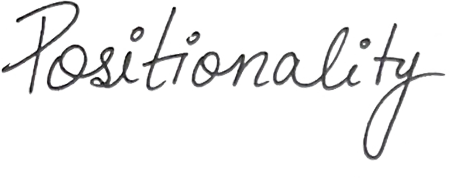Aiza, Ana, Marita and I (Anisha) met as students of Cohort 10 of the Erasmus Mundus MA program Choreomundus. A requirement of the program is that we study in 4 different countries over the course of 2 years. Being in Europe, we often also traveled for our own interests. This experiences of constant relocation made us think about our well being, and the challenges, advantages, and changes we saw in our lifestyle and state of mind reflected in our well-being, of which our cycles are a significant part. Thinking about menstrual cycles through the body and performance is also our mode of activism.



I was born in the US.
Raised in India from the age of 6-18.
I went back to the U.S to get my bachelor's degree.
I went back to India to work in dance and theatre. I ended up working in a History of Medicine Museum.
I am a trained Kathak dancer, a student of Dance Anthropology, inspired by Performance Studies and any performance that can show the connectedness of thinking and feeling.
I am Queer. This is particularly important to this project.
I am Indian, but also a United Statesian, but also have been a member of (at this point) the Indian diaspora in many countries.
My early experiences of my period were decidedly Indian, and after I went to the US I felt like I was straddling 2 world with 2 different approaches and ideologies.
I am often too brown for queer circles and too queer for brown circles.
I am now 26 and have had my period for 13 years... gosh!
I have bled continuously for 20 days, not bled for 6 straight months, been diagnosed with PCOS, been on the contraceptive pill which made me feel better but made me gain weight which made me feel not so great, gotten an IUD which fell out, gotten another IUD which made me spot for 30 straight days, given up on IUDs. I have gotten in huge fights only to get my period the next day. I have had two period apps, it took my current one 3 years to predict my cycle right.
I feel attached to getting my period. I think of it as a way of making sense of my changing moods, and changing bodily symptoms and sensations. My attachment to my period makes me feel uncomfortable.
I don't really feel like a woman, and many of my friends are queer and trans. I'm equally and if not more so inspired by stories I hear from them, sitting in living rooms and around dining tables. I feel like these conversations are a way of expressing lesser spoken about experiences, but also a way of meaning making that is intimate, personal, and irreplaceable.
Lastly, my menstrual cycle has always been an important part of understanding my body. And for me, understanding myself has often meant understanding how my body feels and and experiences the world.